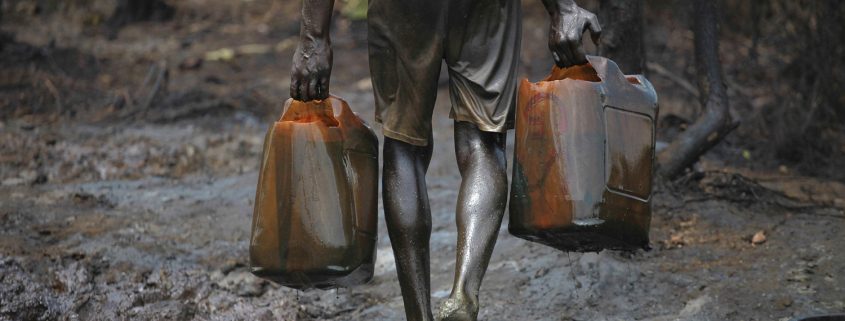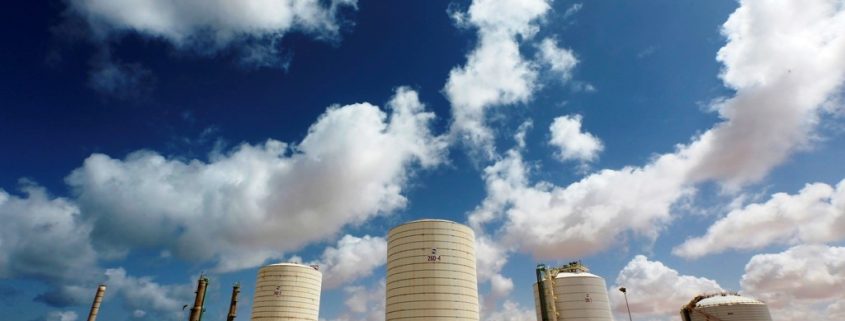Libya, Nigeria oil output causes worries, geopolitical risks still present
Growing oil output in Libya and Nigeria is causing worries on OPEC’s ability to boost up crude prices. Also, constant conflicts in the two nations might possibly keep a cap on their output.

Libya’s production came at levels higher than 800,000 bpd. It is the first time since 2014. Back then the civil war broke out. In the meantime, Nigeria is refreshing big infrastructure damages; caused by military attacks. Last year, they almost cut country’s production for 50%.
Libya
Libyan commander said to put out a power-sharing agreement, which will be beneficiary for country un every way. It will also have impact on oil supply. They have sent the General Khalifa Haftar to meet with UN-backed Prime Minister Fayez al Sarraj.
Still the ”risk officials” believe it won’t be easy to keep stability in next few months.
Impacted by these happenings, the firm projects oil exports will fluctuate between 500,000 and 700,000 bpd. Till the end of 2017.
Following, funding problems and a lack of foreign workers at the National Oil Corp is definitely going to limit the risk that oil output will boost.
Geopolitical risks still remain very high in Libya.
Nigeria’s militants ended their attacks on infrastructure
Niger Delta Avengers, known as a Nigerian military group which attacks the infrastructure projects, now ended their ”operations”. And at the same time they allowed major pipelines to continue pumping crude oil again.
The militants earlier requested for a larger share of the nation’s oil wealth for Deltans. They now feel like they have a voice in the capitol.
Simultaneously, the non-military approach used by Osinbajo, which includes promises of development money, has undercut the case for militancy.
But President Muhammadu Buhari has been abroad for much of the year receiving treatment for an undisclosed illness. That creates a political opportunity for vested interests in Buhari’s inner circle, who are uncomfortable with the northern-born president’s relatively close relationship with his deputy. This could undermine militants’ trust in the capitol to the extent Osinbajo is marginalized. (CNBC reporter)
“At the moment it would be very difficult, but not impossible. I can’t see a path to that kind of outcome, but this is Nigeria,” said a Nigerian source.
RBC Capital Markets lists Nigeria at its highest geopolitical risk level, due to “the potential for a turbulent political transition.”
Exemptions continue?
Despite concerns about growing oil supply, there is no sign yet that OPEC will push Libya and Nigeria to turn off the tap when they meet next week.
The cartel could ask a production shutter similar to one given to Iran. Iran is allowed to raise outputs to a certain point. As it is rebuilding its energy industry, after years and years of crippling sanctions.
Nigeria’s oil minister said in January his country will consider reductions once its output returns to 1.8 million barrels a day, but he didn’t say how deeply it would cut.
“It remains to be seen whether there’s political will behind that.” Cheto said. “A lot of that will depend on whether Buhari consents to it.” (CNBC)




